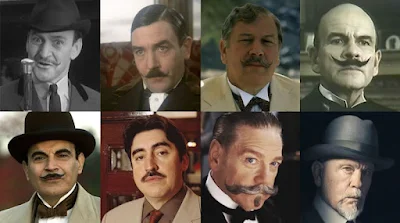Miniseries E1-14.
“Hey, why are you watching this,” asked my daughter. “This is for youngsters like me.”
“I know. I just wanted to know how things have changed since the last time I heard about that good-natured four-letter word called love.” I replied.
Just what is this thing called love? Is it a contract as flimsy as one drawn on water or a covenant written in stars that only the might of Time can erase? When one confesses or as much as loves someone with his heart and soul, what do we really mean? Is it a promise to preserve my seeds for the continuity of progeny? Is the place for love in the heart or mind too small to be shared by others?
Suppose there are other variants of love, i.e. brotherly love, patriotism (love for the nation), gluttony (love for food), various fetishes (model planes, stamps, cars, etc.), and filial piety. Why can’t there be platonic love between a male or female (or preferred gender)? Is the concept of ‘friends-with-benefits’ even acceptable? Is sex so sacrosanct that it can only be sanctioned by the forces of Nature that make the Universe exist, or is it a merely biological process to ensure the continuity of species?
Does society want to put a name on the people who have to carry the burden (responsibility) of upbringing the product of a conjugal union? Even the Universe is playing Devil’s Advocate by putting pleasure in the place meant for work, i.e. continuity of species!
Based on a novel by David Nicholls from 2009, it was made into a feature film in 2011, starring Anne Hathaway in the lead role. Netflix made a limited series of the story, garnering critical acclaim. Set in the UK, pandering to the demand of the time, a brown actress is cast in the lead role.
A misfit pair gets together at a graduation night party at the University of Edinburgh. Even though every graduate wants to bed somebody to make the night a night to remember, Emma, from the middle class, and Dexter, from the privileged class, just end up chatting the night away, talking about their future plans and such.
They part ways the morning after but promise to stay in touch. They meet each other periodically. The show shows the ups and downs that they go through over the years. Each episode starts on the 15th of July every year, starting with the graduation ball that day in 1988. Over the years, their lives tangents off away from each other, finding their mojos, threading the good times and bad. They keep in touch, nevertheless. Their fondness for each other remains. Something that had been platonic had turned romantic. The question is, when? Did it happen in Edinburgh? Was it the culmination of the experiences taught at the School of Hard Knocks?
Which is the hay that broke the camel’s back? When does love happen? Can we love more than one at a time? Is it a one-or-none law? Is it a promissory note to limit conjugal liaisons to avoid unnecessary baggage thereof?
%20(1).jpg)





























